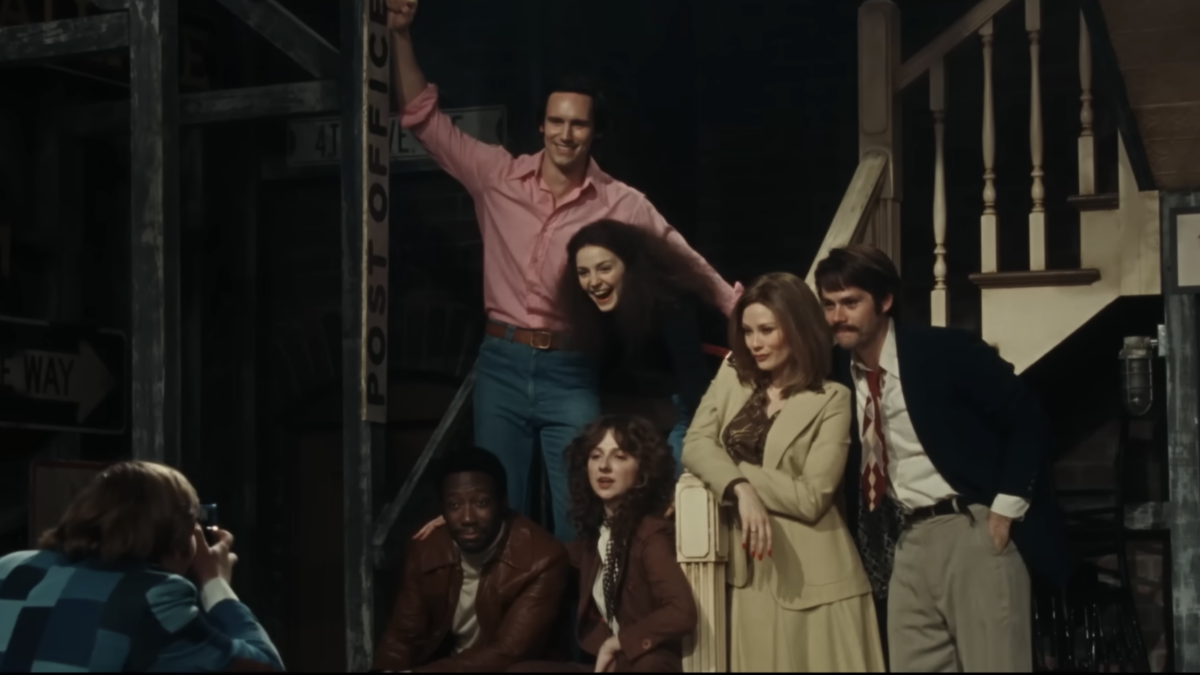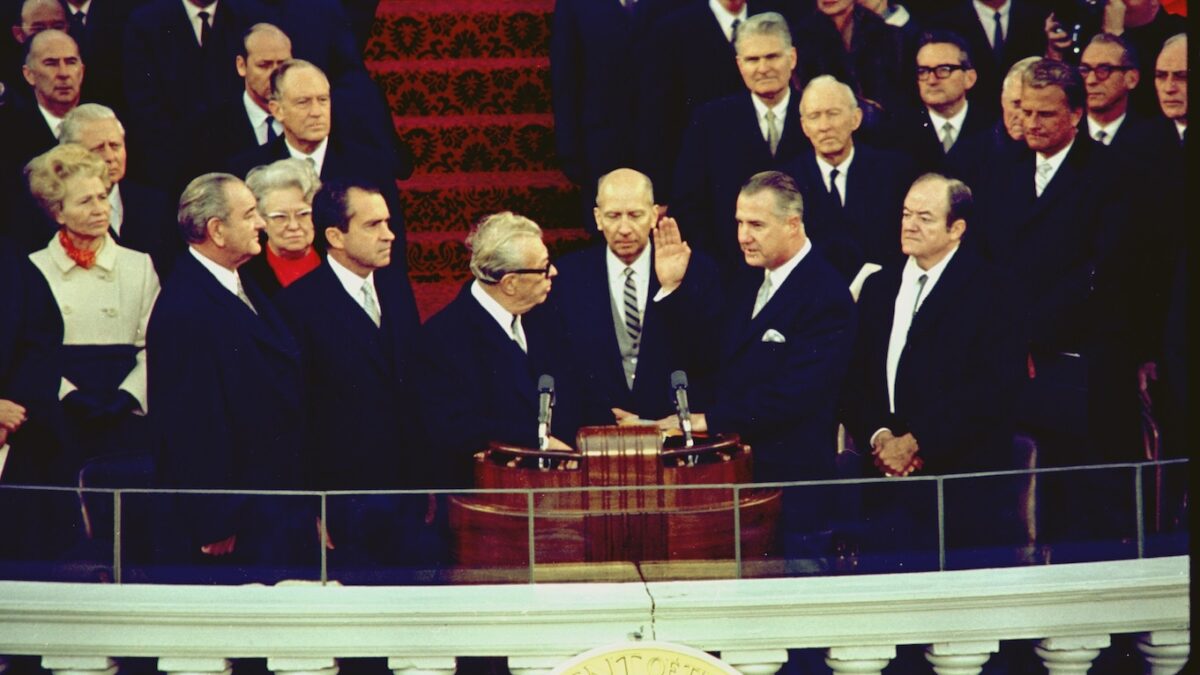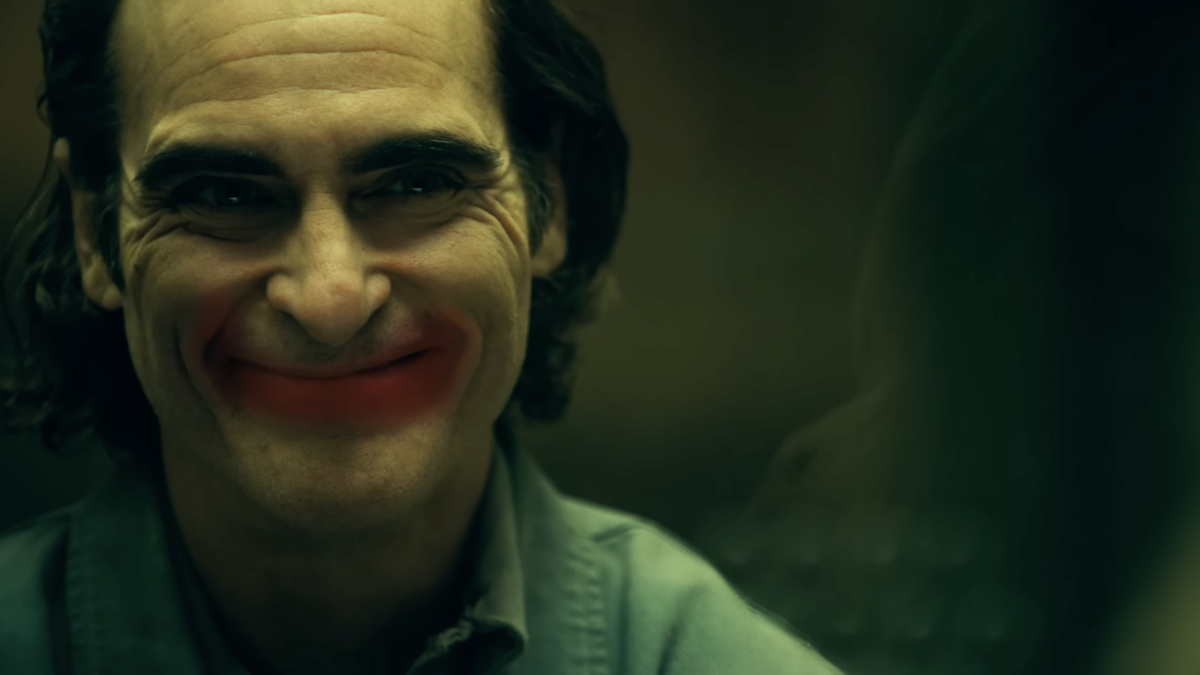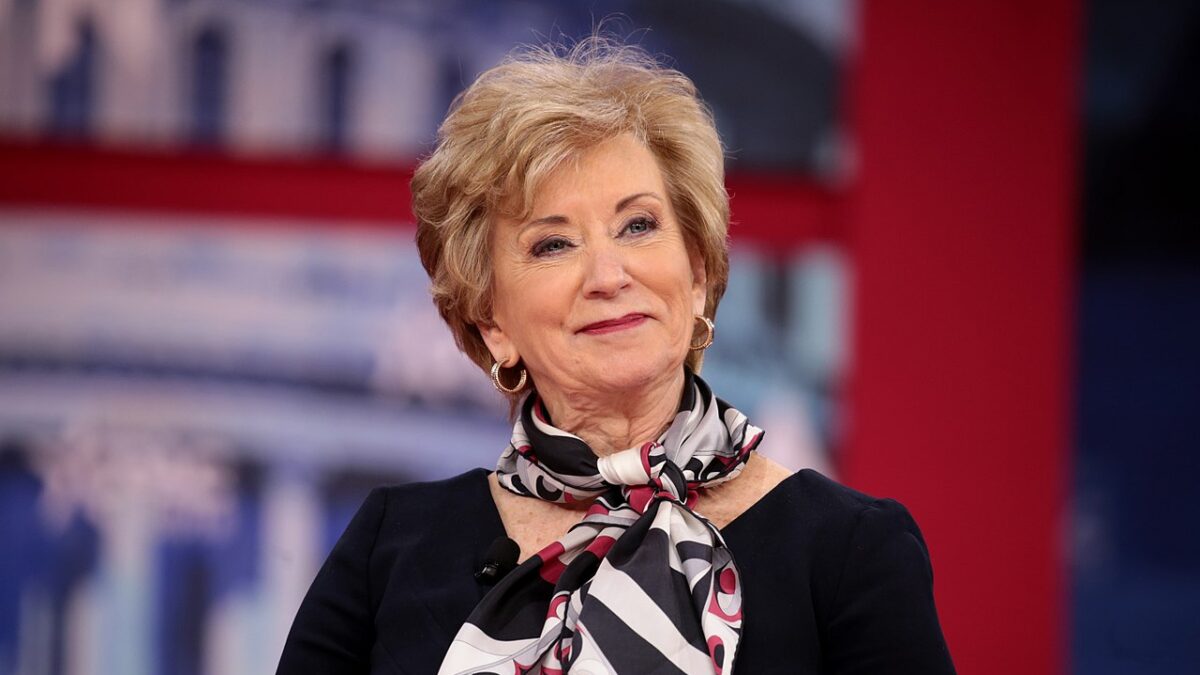
What if TV shows existed without ads and with no scheduling required? And watching movies didn’t mean going to theaters or a video rental store? Since 1997, seeking to realize that vision has led Netflix to disrupt a host of industries including video rental, DVR services, and home entertainment.
Now its streaming video on-demand (SVOD) business model is upending cable and broadcast TV networks — and Hollywood itself. Several major entertainment and tech companies plan to jump in. Yet entering the streaming wars is no easy endeavor. Tech companies with infrastructure, such as Apple, have to create or license worthwhile content, while entertainment studios with content, such as Disney, have to build tech infrastructure. Netflix has spent hundreds of billions on both over the past decade, growing to more than 150 million subscribers in 190 countries.
Some potential rivals have counted the costs and tapped out. In 2016, video hosting service Vimeo — with 240 million monthly users and nearly 1 million filmmaker subscribers — announced its own upcoming SVOD service. Within a year, it scrapped those plans. Vimeo is a unit of InterActiveCorp, which has annual revenue of $3 billion.
InterActiveCorp’s chairman, media mogul Barry Diller, put it bluntly when asked why his team bailed. “No one is going to compete with Netflix in gross subscribers,” Diller said in July. “I believe they have won the game. There’s nothing I can see that’s going to dislodge them.”
Nevertheless, nearly a dozen major entertainment and tech companies are seeking to dethrone Netflix — or, at least, play in the same sandbox. In addition to the players below, don’t count out Amazon Prime Video, Hulu, Google’s YouTube TV, Walmart’s Vudu, Quibi launching next year — or Netflix, the global streaming king for now.
1. ‘Picard’ Series On CBS All Access Brings Back ‘Star Trek’ Icons
For five years, CBS has been growing its streaming service, foregoing partnership in Hulu with the other three broadcast networks. CBS All Access has found a loyal fanbase of 4 million subscribers — and not just by offering 10,000-plus episodes of legacy shows.
The streamer has gone all-in on original “Star Trek.” Next spring, “Star Trek: Discovery,” a prequel to the original Trek series with Kirk, Spock, and McCoy, will return for its third season. It will soon be joined by two spin-off shows and miniseries “Star Trek: Picard,” featuring the return of Patrick Stewart’s beloved captain.
With an estimated budget over $150 million, the 10-episode season one reunites cast members from past Trek shows, including Jeri Ryan as Seven of Nine, Brent Spiner as Data, and Jonathan Frakes as William Riker. CBS has used the power of Trek to its advantage. Currently, Netflix covers production costs of “Star Trek: Discovery” to gain overseas rights to the show, while Amazon Prime Video reportedly is doing the same for “Star Trek: Picard.” It premieres Jan. 23, and the service runs at $6 monthly.
2. AMC Theatres Starts On-Demand Video Marketplace
https://twitter.com/AMCTheatres/status/1184110351115096065
On Tuesday, the world’s largest theatrical exhibitor AMC Theatres announced it is getting into the video on-demand business. With deals already inked with the major Hollywood studios, AMC Theatres On Demand has launched with more than 2,000 movies available to buy or rent. Because its AMC Stubs program has more than 20 million members, getting them to use the same app for renting flicks could prove successful.
But it’s a misnomer to call it a “streaming service,” which implies exclusive content and a monthly fee for unlimited viewing. It instead has a video marketplace, akin to Google Play. But then AMC — originally an initialism for American Multi-Cinema — is itself a misnomer, for Chinese conglomerate Dalian Wanda Group has owned a majority stake in the theater chain since 2012.
3. Disney Plus Lights Up Twitter with Complete Launch List
It. Is. Time. From Snow White and the Seven Dwarfs to The Mandalorian, check out basically everything coming to #DisneyPlus in the U.S. on November 12.
Pre-order in the U.S. at https://t.co/wJig4STf4P today: https://t.co/tlWvp23gLF pic.twitter.com/0q3PTuaDWT
— Disney+ (@DisneyPlus) October 14, 2019
One has to appreciate Disney’s marketing savvy for its streaming service. Last Monday, its @DisneyPlus Twitter handle started a thread that began with “Snow White and the Seven Dwarfs,” featuring only an image of the original feature-length animated film. Somehow Twitter went crazy when Disney followed that tweet with 617 additional tweets, each with a title and image of a film or TV series available Nov. 12 when Disney+ launches.
For those following its evolution, few surprises were in store. Some media outlets mocked obscure titles, while others noted the breadth of content. To its credit, Disney+ will launch with about 15 percent of titles produced before 1980 — more legacy content than Netflix or Hulu. The family entertainment company has also set a policy of including no R-rated films, with the bulk in G or PG categories. Disney+ will be available for $7 per month on all major devices.
With its wealth of animated features, Disney Junior shows, and made-for-TV movies, many families with young children will see the app as a good deal. Yet Disney+ has been billed as a “four-quadrant” service — including for adults and general audiences — and, as such, there are noticeable gaps in the library. Considering Disney can also draw from ABC and 20th Century Fox titles, fans expect further additions from the “vault.”
4. Jennifer Aniston, Jason Momoa, Oprah: Apple TV+ Launches Nov. 1
https://www.youtube.com/watch?v=eA7D4_qU9jo
The tech behemoth has powered its Apple TV+ streaming service with the largest first-year budget of any service, dropping a reported $6 billion to produce a host of original shows and films. While more than 30 titles are in various stages of production, including a “Band of Brothers” miniseries sequel, the service launches on Nov. 1 with nine original shows and films.
Hollywood stars drive Apple’s content strategy, starting with its buzziest entry “The Morning Show” with Steve Carell (“The Office”), Jennifer Aniston (“Friends”), and Reese Witherspoon (“Big Little Lies”). Other launch entries include post-apocalyptic thriller “See” starring Jason Momoa (“Aquaman”), a comedy about young poet Emily Dickinson, talk show “Oprah’s Book Club,” and alternate history series “For All Mankind” that imagines the space race going very differently.
Subscriptions run at $5 per month, or free for a year when buying any Apple device. Many observers consider Apple TV+ a play to gain more consumer data and cross-sell products to subscribers, similar to Amazon Prime Video. Along with the Apple TV set-top box, the service will reportedly also work with Roku and Samsung TVs.
5. Warner’s HBO Max Overshadows NBC-Universal’s Peacock
https://www.youtube.com/watch?v=LCS4CaZ9dwg
In contrast to Disney, which rolled out its streaming service over several presentations with film and TV producers, both WarnerMedia and NBC-Universal opted to essentially put out press releases and short ads for their respective streamers coming in 2020.
Announced in July, Warner’s HBO Max has generated buzz mostly for winning the bidding wars for popular past hits including “Friends,” “The Big Bang Theory,” and “The Fresh Prince of Bel Air.” In addition to DC Comics films and TV shows featured prominently, new show announcements include a “Dune” spin-off, sci-fi drama “The Nevers” from Joss Whedon, interior design reality show “The Greatest Space,” and new seasons of animated satire “The Boondocks.”
Long-term deals for future HBO Max shows are locked with producers Greg Berlanti (“Riverdale”), comedienne Ellen DeGeneres, and Sesame Workshop. The latter generated some controversy, as many noted how families of any income have long been served well by “Sesame Street” on PBS. Whether HBO Max will coexist with its current apps, HBO Go and HBO Now, is unknown, and its monthly cost has not been announced. Whereas HBO Max has kept up a steady stream of details, NBC-Universal has been less forthcoming about its service, Peacock.
Headlines blare that “The Office” and “Parks and Recreation” will soon leave Netflix for Peacock. Reboots of “Saved By the Bell” and “Punky Brewster” featuring original cast members are being developed, per a press release which also touted a reimagined “Battlestar Galactica.” Dozens of hit NBC-Universal shows including “Frasier,” “Psych,” and “Parenthood” will be on, alongside hundreds of Universal and Focus Features films. Pricing and further specs are unknown, though execs have stated that Peacock will include ads, unlike most of its rivals.
It remains to be seen which players will last in the streaming wars. As consumer viewing habits change, everyone in the entertainment ecosystem — from networks to studios to even theatrical exhibitors — is vying for a piece of the in-home video market. Spirited free-market competition usually means consumers win — if we can navigate this maze of endless options.








